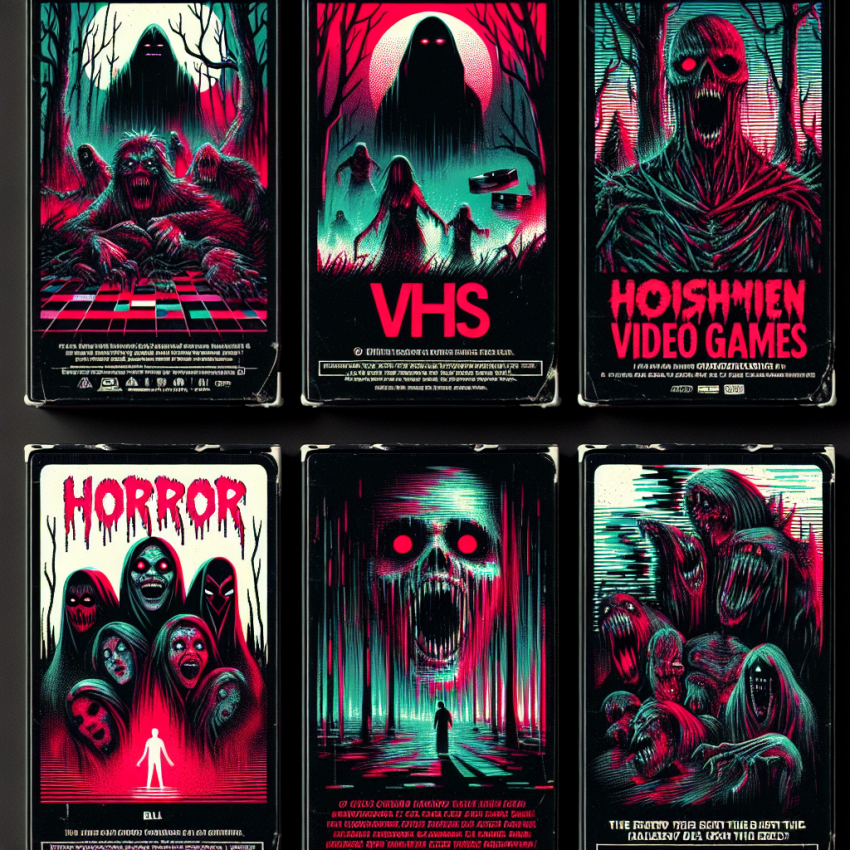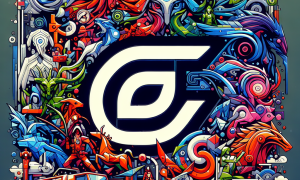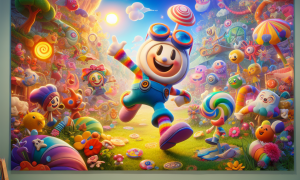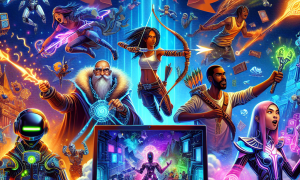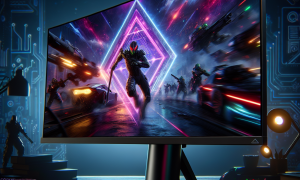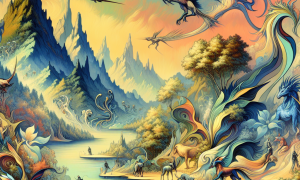The realm of video games is constantly evolving, with developers experimenting across genres and storytelling mediums. One unique approach that has steadily gained traction is the anthology format, where multiple standalone stories are presented under a common theme. Recent offerings like the “Dread X Collection” and “The VHS Series” serve as a testament to the power of this narrative structure, yielding fresh experiences while paying homage to traditional horror tropes. This post will explore why the gaming community craves more anthology games and the various ways they enrich the gaming landscape.
The Rise of the Anthology Format
Anthology games represent a departure from traditional linear storytelling, allowing developers to push boundaries and explore multiple themes, styles, and gameplay mechanics in an engaging manner. This approach is particularly effective in the horror genre, where varied storylines can keep players on the edge of their seats. The resurgence of these games can be traced back to:
- Experimentation and Innovation: Anthology games allow developers to take creative risks without the burden of overarching plot continuity.
- Diverse Experiences: Players can experience a range of narratives, styles, and artistic directions, catering to various tastes and preferences.
- Shorter Play Sessions: These games often feature shorter playtimes, making them more accessible for players with limited time.
As noted by TheGamer, titles like “The VHS Series” and “Dread X Collection” have exploited this format to craft unique storytelling experiences grounded in nostalgia and innovation. These games effectively encapsulate fears, themes, and ideas that resonate with diverse player demographics.
Giving Players a Voice
Anthology games often embrace inclusivity, aiming to produce narratives that reflect different cultural perspectives. This drive toward varied representation lends itself to more personal and relevant storytelling. For instance, a future anthology game could:
- Highlight Different Cultures: Developers can explore folklore, urban legends, and myths from various cultures, immersing players in unique environments.
- Empower Indie Developers: The anthology format provides a platform for indie developers, enabling them to showcase their conceptual ideas and artistic visions alongside established creators.
- Introduce Fresh Ideas: An anthology offers a chance for new and unconventional gameplay mechanics, allowing experimentation with different controls and user interfaces.
By fostering an environment where diverse voices can be heard and celebrated, the gaming landscape can evolve into a more inclusive and vibrant community.
Nostalgia Meets Modernization
Anthology horror games often harken back to classic traditions of storytelling and game design, tapping into the rich tapestry of horror media. The clever combination of familiar elements with modern technology is part of what makes these games so engaging.
Evocative Imagery and Sound
The aesthetic appeal of anthology games plays a crucial role in their success. Anthology titles like “The VHS Series” effectively utilize atmospheric sound design and gripping visuals to evoke a strong sense of dread. By merging modern techniques with retro aesthetics, players experience:
- Heightened Immersion: A blend of updated graphics and sound design allows players to feel immersed in a world reflective of both nostalgia and innovation.
- Classic Horror Tropes: Familiar themes such as isolation, dread, and survival can be reimagined in unexpected ways, creating fresh narratives from well-trodden paths.
- Simplified Mechanics: Many anthology games embrace straightforward mechanics that resonate with memories of older games, further deepening the nostalgic impact.
Much like classic horror films invite viewers to anticipate jump scares and plot twists, anthology games leverage these expectations while delivering surprising and inventive experiences.
Encouraging Replayability
One significant advantage of anthology games is their inherent replayability. As players navigate the distinct stories contained within each anthology, they often find themselves returning for multiple playthroughs to uncover hidden narratives or alternate ending paths. This facilitates a richer gaming experience, as:
- Multiple Endings and Outcomes: Many anthology games feature branching storylines based on player choices, encouraging exploration and experimentation.
- Secrets and Easter Eggs: The allure of discovering hidden content compels players to engage with each story multiple times.
- Community Engagement: Players discuss their experiences online, fostering a sense of camaraderie and sparking interest in lesser-known elements of the game.
The repeatability of these games encourages players to delve deeper into the narrative, maximizing their investment of time and emotion into the story.
Building an Anthology Community
In addition to enhancing individual experiences, anthology games cultivate a sense of community among players. The collective enjoyment of various narratives leads to discussions about themes, outcomes, mechanics, and gameplay strategies. Furthermore, social media platforms enable players to share their excitement and theories, creating a vibrant atmosphere around the anthology genre.
Players often share:
- Theories and Speculation: Discussions surrounding plot points and hidden meanings become commonplace, leading to enhanced engagement with the content.
- Recommendations: The success of individual stories encourages players to recommend their favorites, fostering a communal enthusiasm for the genre.
- Developer Feedback: Fans often provide direct feedback to developers, influencing future titles and enhancing overall quality.
The interconnected nature of the anthology community initially cultivates a sense of belonging and shared experience, enriching the overall gaming environment.
Conclusion: The Future of Anthology Games
As gaming technology continues to evolve, so too does the potential for anthology games. By exploring diverse narratives, embracing inclusivity, and integrating nostalgic elements with modern designs, the anthology format is positioned as a compelling avenue for developers and players alike.
With the growing popularity of titles like “Dread X Collection” and “The VHS Series,” the gaming community is clearly voicing a need for more anthology games. As developers heed this call, we may witness a new era of gaming filled with captivating storytelling, budging artistic boundaries, and fostering community engagement. Players and developers alike can look forward to a future where the art of anthology gaming thrives, offering unparalleled adventures in narrative exploration.
Citation: Gaming Needs More Anthologies Like The V/H/S Series written by Andrew King
